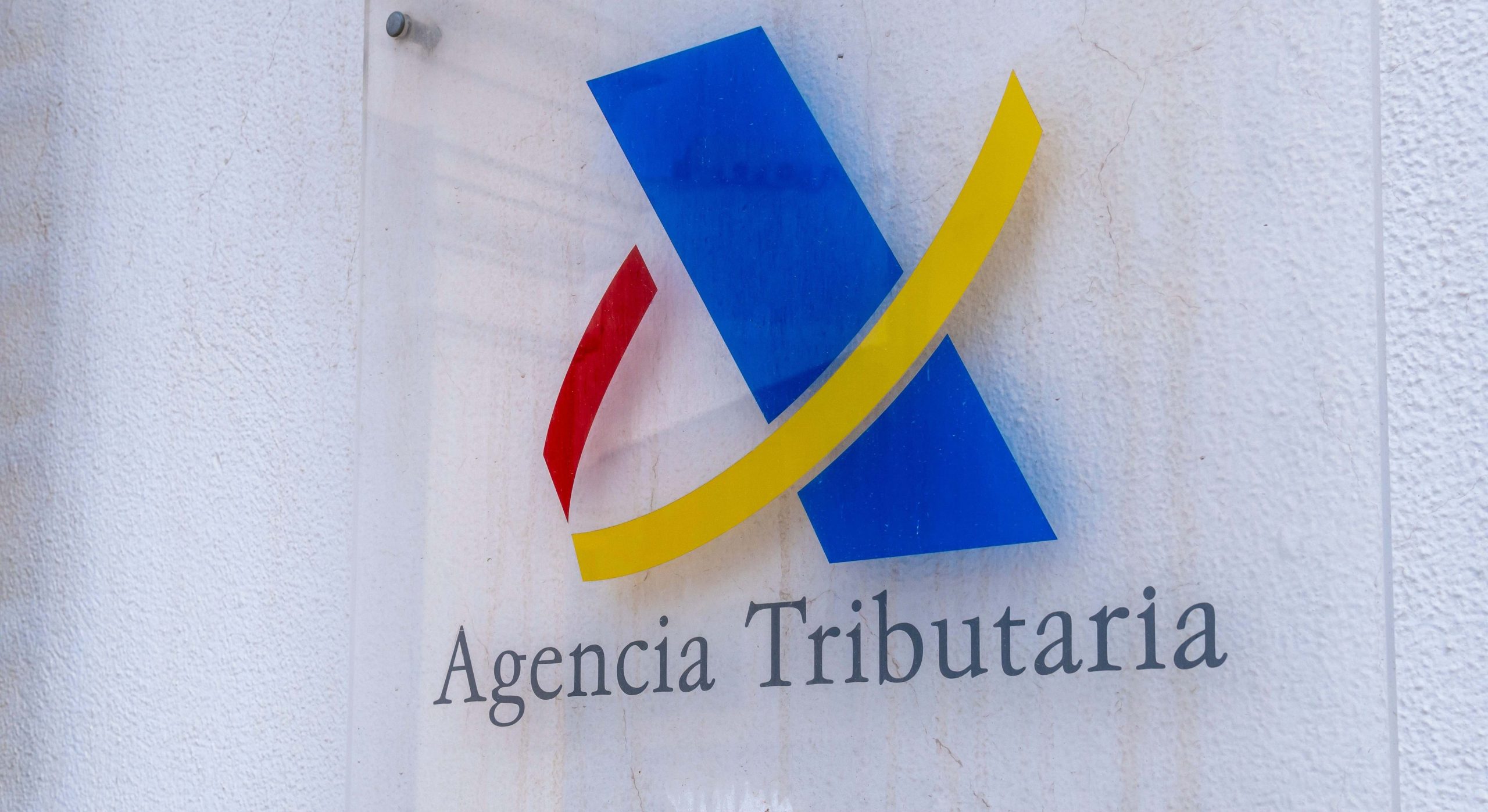In the field of taxation, interpretation conflicts often arise between the Tax Authorities and taxpayers. A recent and highly relevant example for foreign professionals is the dispute over the taxation of the main residence for those covered by the Beckham Law. At Resitax, we break down the situation so you know your rights.
What is the Beckham Law and what tax benefits does it offer?
The Beckham Law, or more formally, the Special Regime for Inbound Workers, is an attractive tax incentive for foreigners (or Spaniards who have lived abroad) who move their tax residence to Spain.
Fixed 24% taxation for impatriates
Its main advantage is that it allows impatriates to be taxed at a fixed rate of 24% on employment income, instead of being subject to the progressive IRPF scale.
Key differences with the general IRPF regime
However, here lies the controversy: while the Spanish Personal Income Tax Law (IRPF) exempts the main residence from imputed real estate income, the Non-Resident Income Tax Law (IRNR), which serves as the basis for the Beckham Law, does not include this exemption. This led the Tax Authorities to interpret that impatriates must pay tax on their main residence in Spain, applying a rate based on its cadastral value.
The conflict over the main residence in the Beckham Law
Tax Authorities’ interpretation vs. Spanish courts
Fortunately for taxpayers, the Spanish courts have not shared the Tax Agency’s position.
The role of IRNR and the IRPF exemption
The High Court of Justice of Madrid (TSJM) has issued key rulings establishing a clear difference between non-residents and “impatriates” under the Beckham Law. It argues that since the latter do indeed have their tax residence in Spain, the principle of tax equality must prevail.
Therefore, the TSJM has ruled that taxpayers under this regime are entitled to exemption from imputed income on their main residence, similar to taxpayers under the general IRPF regime.
Court rulings vs. TEAC criteria
Courts in favor of taxpayers
The TSJM has protected impatriates in its rulings, recognizing their right not to be taxed on their main residence.
Restrictive stance of the Administration
However, in a twist that generates legal uncertainty, the Central Economic-Administrative Court (TEAC), the administrative body that unifies the criteria of the Spanish Tax Agency, has adopted the opposite stance. The TEAC argues that impatriates must pay tax on imputed income from their main residence, based on the literal wording of the law. This administrative stance directly contradicts the TSJM’s judicial interpretation, creating a conflict that will inevitably have to be resolved by the Supreme Court.
What does this mean for impatriates in Mallorca?
Possibility of reclaiming wrongly paid taxes
The courts’ stance is a beacon of hope for many. If you are a taxpayer under the Beckham Law and have paid tax on imputed income from your main residence, you have a strong legal basis to claim a refund of wrongly paid amounts over the last four years, along with late payment interest.
Legal strategies to defend your tax rights
This case highlights the importance of having the right legal advice. Even if the Tax Agency persists in its interpretation and TEAC supports it, pursuing a judicial claim is a viable option and, in light of the TSJM rulings, with high chances of success.
Resitax Tax Lawyers: Experts in the Beckham Law in Mallorca
At Resitax, we have a specialized team in tax advisory services for impatriates under the Beckham Law. Our deep knowledge of Spanish tax regulations and our experience in real cases in Mallorca allow us to provide safe, effective, and personalized solutions for each client.







